Articles by Privacy International
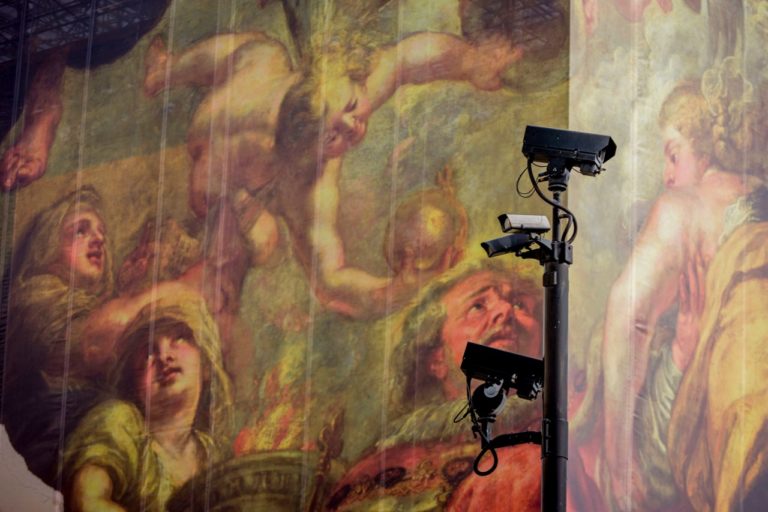
We need to take charge of what happens with our personal data and shape our own future
We are at a crossroads. We need to address challenges posed by technological choices made by governments and dominant companies, resulting in the erosion of privacy and the centralisation of power.

Real-time facial recognition should never be coupled with police body-worn cameras
Coupling facial recognition technology with police body-worn cameras subverts the purpose of these cameras as a tool of police accountability and transparency, turning them instead into a tool for mass surveillance.

“Betrayed by an app she had never heard of” – How TrueCaller is endangering journalists
While TrueCaller may have laudable intentions, the privacy implications for people who end up in their database raise concerns. When a number is tagged, the person who is tagged ends up having their name and phone number stored on the TrueCaller database, despite not having consented – or even being aware – that their data was collected.
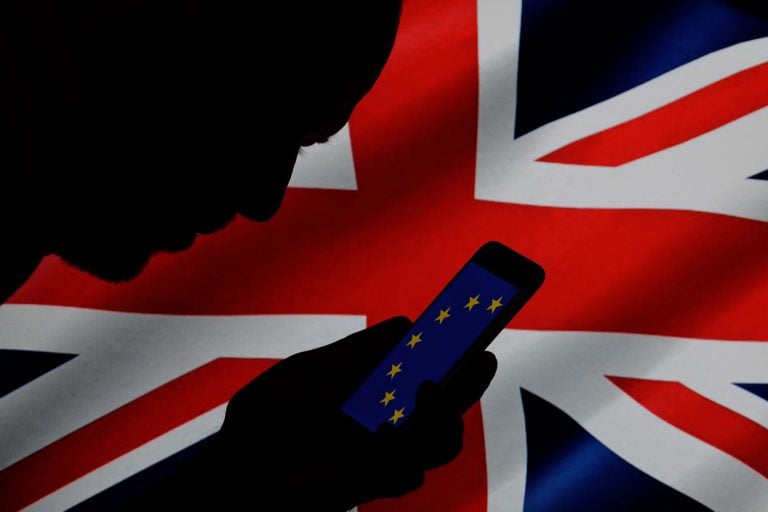
UK government should proceed with care in attempting to tackle “online harms”
The UK government has just released its proposal for tackling “online harms”, including how content on social media platforms should be monitored and regulated.
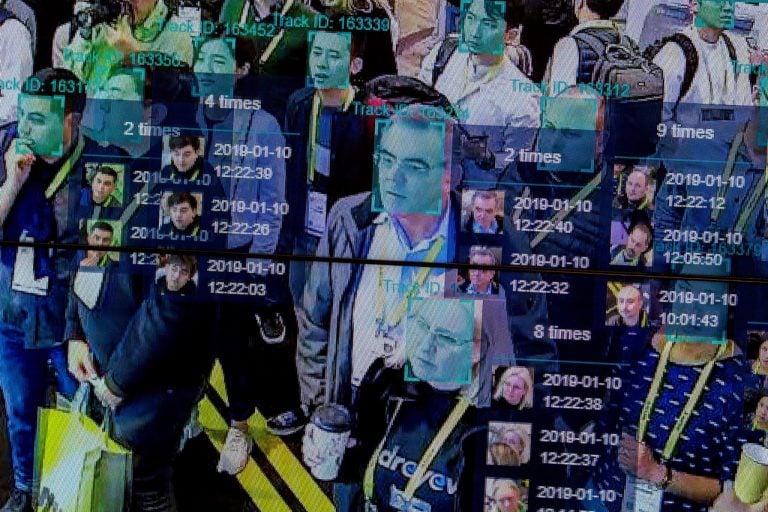
Three surveillance technologies that protesters need to know about
New technologies are enabling private companies and public authorities to more effectively collect and analyse the personal information of individuals in public spaces.

Data protection, surveillance powers and the state of global privacy
2018 saw the General Data Protection Regulation introduced in May, but it also saw public bodies, security and law enforcement agencies awarding themselves ever increasing surveillance powers.
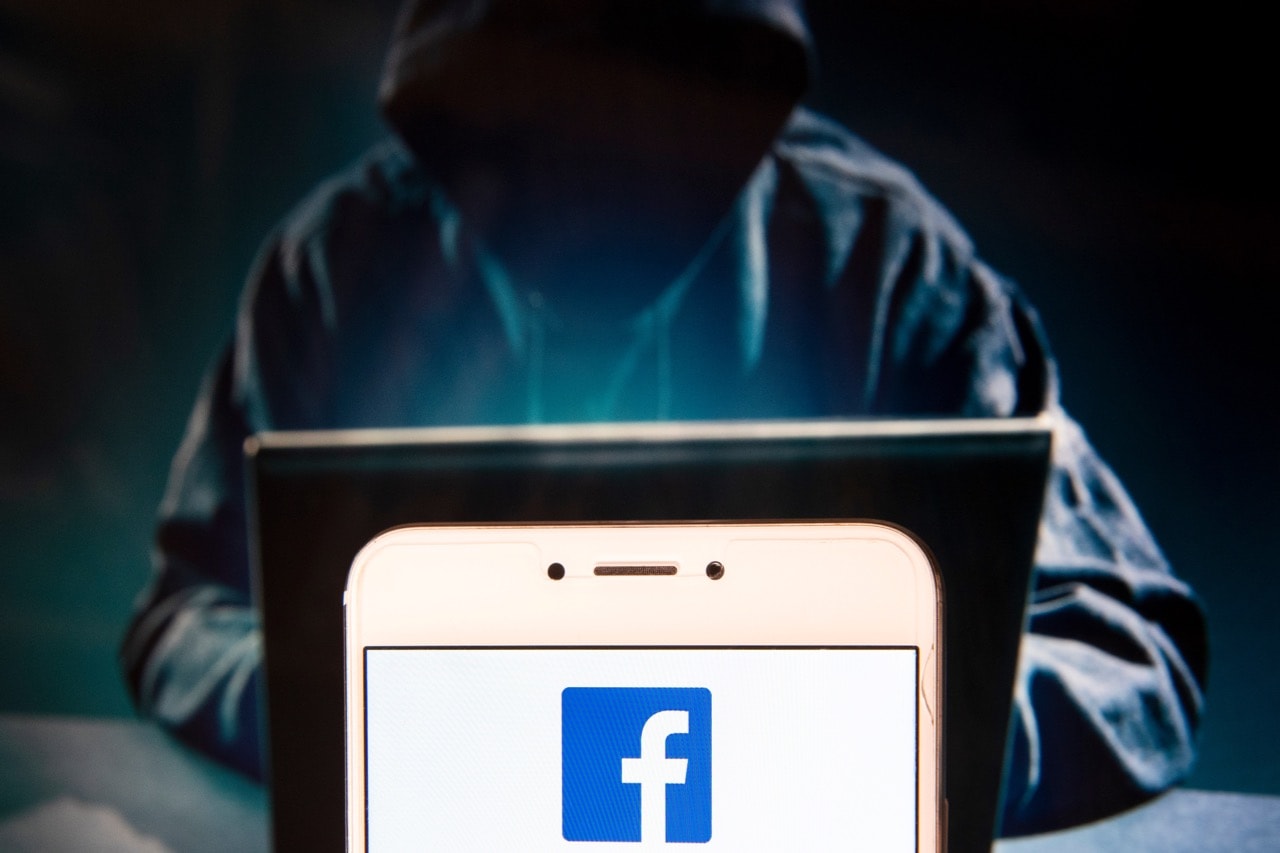
How Apps on Android share your data with Facebook
Privacy International shows what this data sharing looks like in practice, particularly for people who do not have a Facebook account.
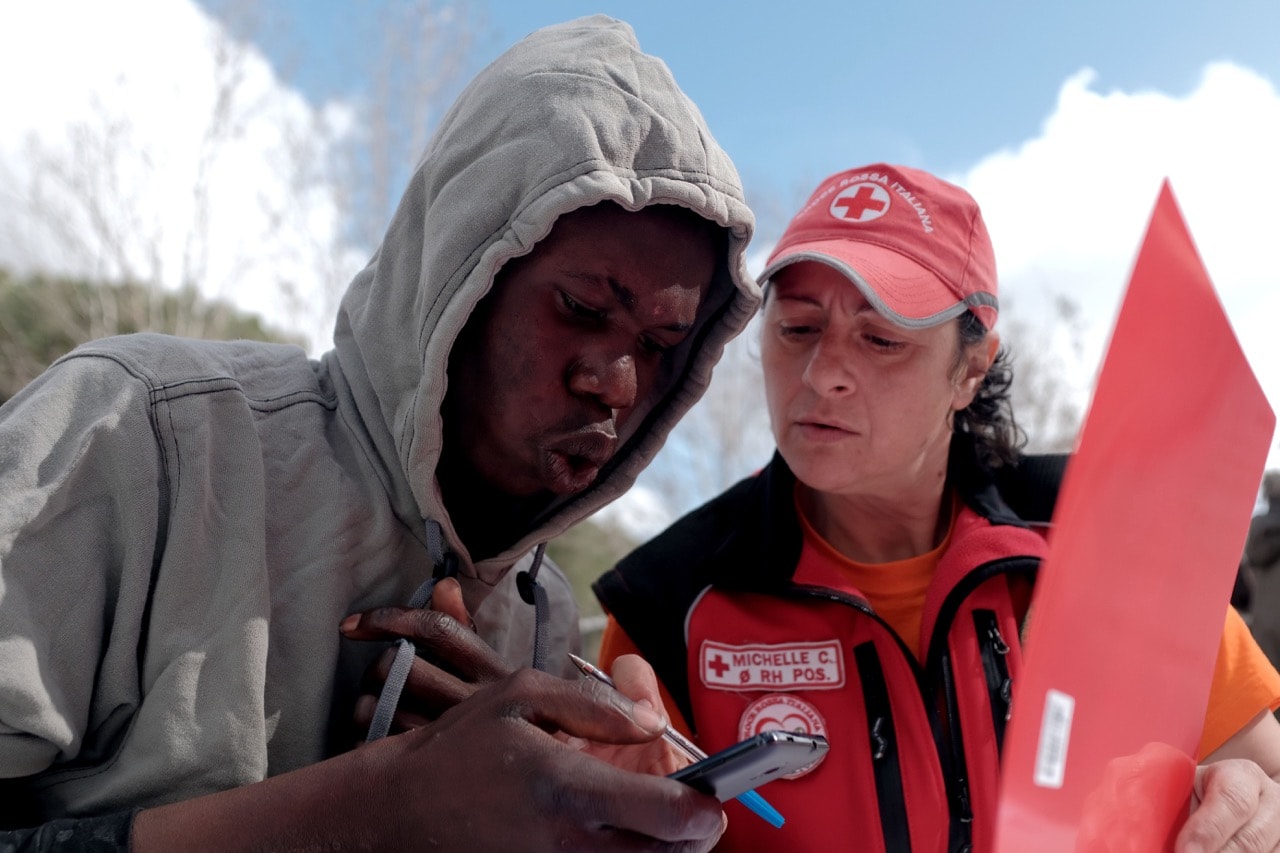
Report: The humanitarian metadata problem – Doing no harm in the digital era
To ensure that the use of new technologies does not result in any harm, humanitarian organisations must develop and implement appropriate data protection standards, including robust risk assessments.
